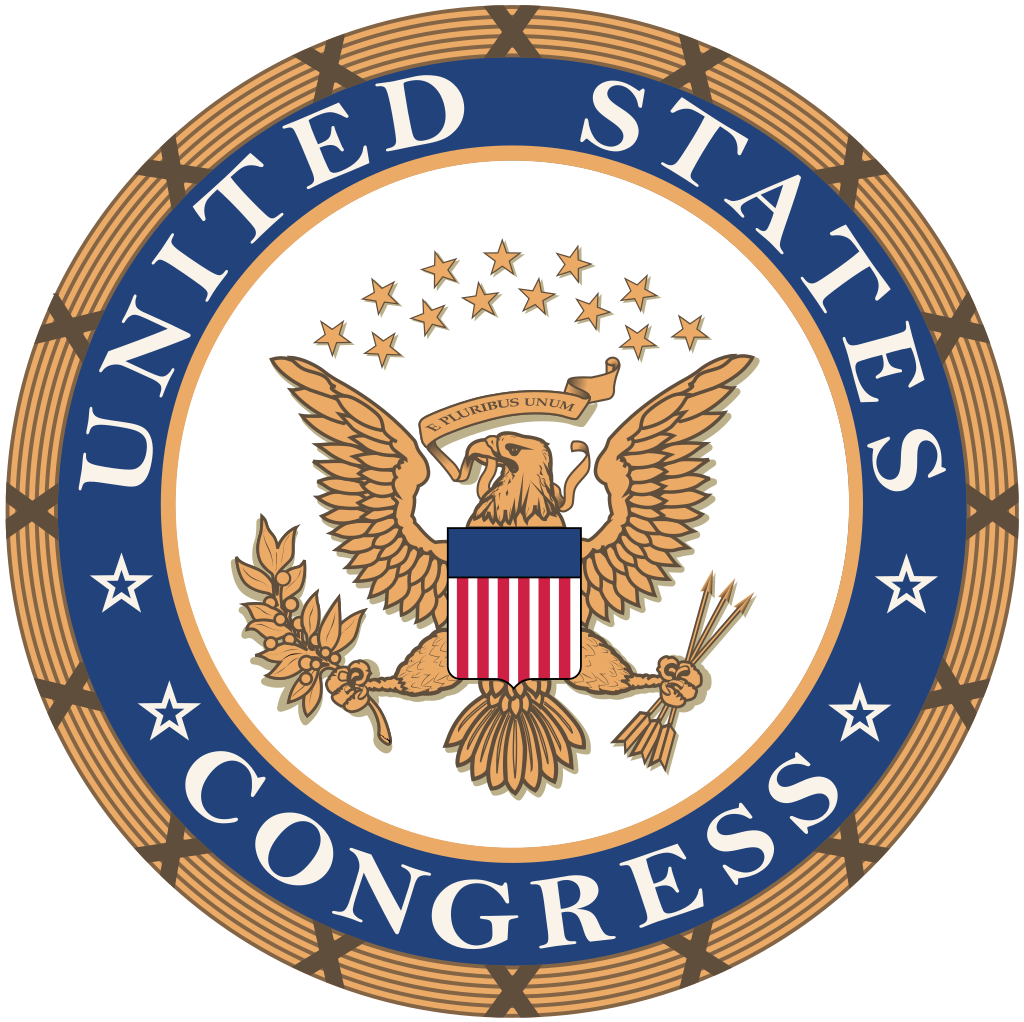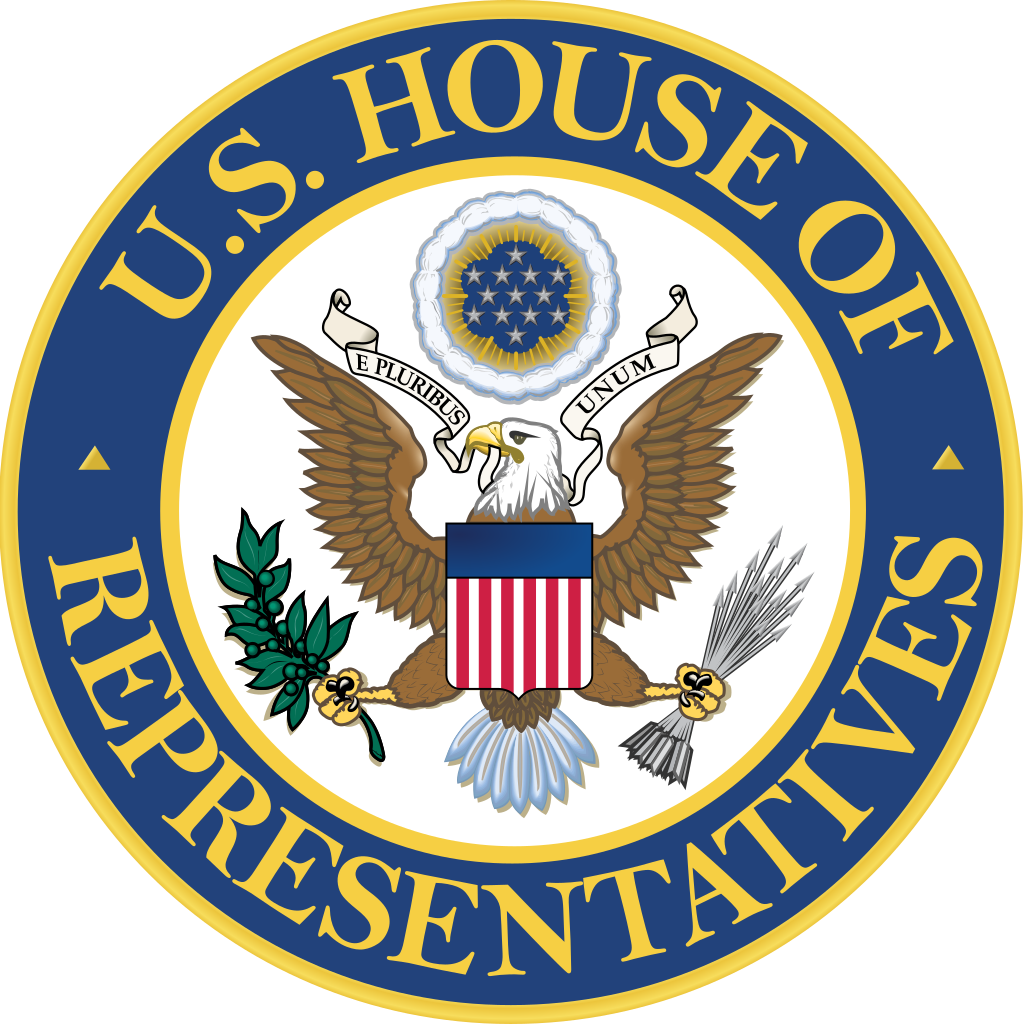- Jul 12, 2018
- 9,342

| 
UNITED STATES HOUSE OF REPRESENTATIVES | 
|
Public |
SPEAKER OF THE HOUSE
Edmund Williams (D-Michigan)
MAJORITY LEADER
Patrick Cole (D-New Hampshire)
MINORITY LEADER
Jack Landry (R-Louisiana)

DEMOCRATS
289
REPUBLICANS
139
LIBERTARIANS
4
INDEPENDENTS
3
The United States House of Representatives is the lower-chamber of the Untied States Congress. The House of Representatives has a number of important duties and abilities ranging from impeaching the President, Vice President, and other high officials of the Federal Government to creating all new spending bills and new federal legislation. While the Senate is the upper-chamber and considered more prestigious, the House of Representatives is considered to be "The Chamber of The People". Members are elected directly by the people, unlike Senators who were originally appointed by their respective States, and members also serve shorter terms of just two years so that they can be more easily replaced by the people if the "national mood" changes. The House also uniquely has "The Power of The Purse" meaning that all spending bills must originate from that chamber.
"The House of Representatives shall be composed of Members chosen every second Year by the People of the several States, and the Electors in each State shall have the Qualifications requisite for Electors of the most numerous Branch of the State Legislature."
-Article 1, Section 2, Clause 1, United States Constitution
-Article 1, Section 2, Clause 1, United States Constitution
FLAG OF THE HOUSE OF REPRESENTATIVES



| 
SPEAKER OF THE HOUSE | 
|
SPEAKER OF THE HOUSE
Edmund Williams (D-Michigan)
The Speaker of The House is the presiding officer of the House of Representatives, and is a constitutionally-mandated position. While the Constitution does not require the speaker to be a member of the House, every speaker in America's history has been a congressman. Unlike the speaker's counterpart in the House of Commons in the United Kingdom, the U.S. speaker is a partisan figure who is an active member of his own party and regularly uses his position to appoint members of his own party to important committee positions and other such measures. The speaker's position has many "hard powers" which allow him to have significant control over what bills are even able to come up to a vote, which means that he can stifle proposed legislation not only from the other party, but even his own if he sees fit. The speaker serves at the pleasure of the House and can be removed at any time, but the speaker normally serves until he loses his congressional seat, or when a new congress is elected who decide to oust him.
Last edited:


